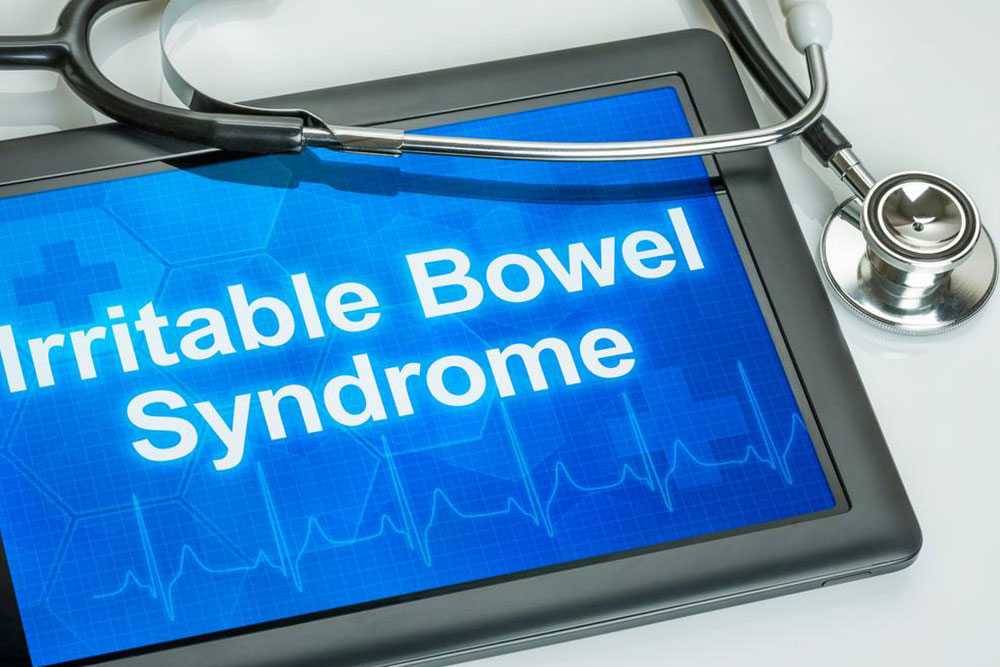Understanding the Signs and Symptoms of Irritable Bowel Syndrome
This article offers a comprehensive overview of irritable bowel syndrome, highlighting key symptoms such as abdominal pain, gas, bloating, and bowel habit changes. It emphasizes the importance of recognizing symptoms, managing mild cases with diet, and seeking medical help for severe cases. Understanding triggers like certain foods can aid in symptom control. The content aims to inform readers about IBS signs and encourage consultation with healthcare professionals for proper diagnosis and treatment planning.
Understanding the Signs and Symptoms of Irritable Bowel Syndrome
Learn about the common indicators of irritable bowel syndrome
Irritable bowel syndrome (IBS) is a widely encountered condition impacting the large intestine. It manifests through various symptoms such as abdominal discomfort, altered bowel habits, and bloating.
Symptoms of IBS can range from mild to intense. Mild cases may be managed through dietary modifications and healthy eating practices, whereas severe cases might require medical treatment and hospitalization.
IBS Symptoms Overview
The presentation of IBS symptoms varies among individuals. Typical signs include:

People with IBS often experience abdominal cramps and pain, which usually lessen after a bowel movement. Excessive gas can also be a symptom. Many sufferers notice alternating diarrhea and constipation, with mucus sometimes present in the stool.
The severity of symptoms can fluctuate; periods of intense discomfort are interspersed with times of relief.
Pain, Cramping, and Bowel Changes
Abdominal pain is a hallmark symptom, often worsening after defecation due to disrupted gut-brain signaling involving hormones, nerves, and bacteria activity. Cramping, diarrhea, and constipation are all common. About one-third of IBS patients experience diarrhea, characterized by frequent, watery stools with mucus. Conversely, constipation makes stool passage difficult, especially if fewer than three bowel movements occur weekly.
Alterations in stool consistency and frequency, along with mucus presence, are typical IBS features. Stool may become hard or loose, reflecting water absorption changes within the gut.
Gas, Bloating, and Food Sensitivities
Digestive irregularities promote gas buildup, causing bloating and discomfort. A significant number of IBS patients report that certain foods, especially those rich in lactose or gluten, trigger symptoms. Caffeine is also recognized as a common aggravator. Despite this, sufferers often consume their regular diet without noticeable digestion issues.
Important Reminder:
The information shared here aims to provide practical insights across various health topics. However, it should not replace professional medical advice. Readers are encouraged to consult healthcare providers for diagnosis and treatment. The website does not assume responsibility for discrepancies or inaccuracies across different sources. Additionally, some promotional offers or schemes may vary beyond this content.










